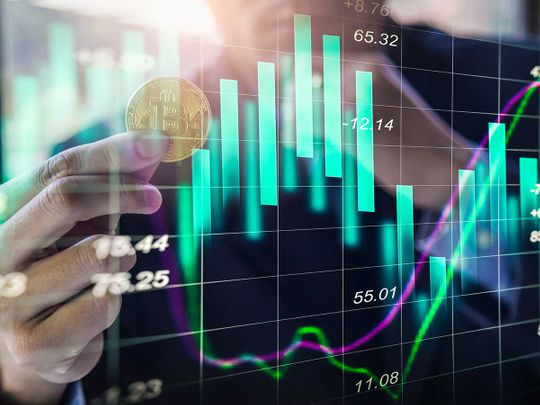
Cryptocurrencies have been stalking the global markets and investors - and their numbers are only increasing. It's turned into a trend where anyone with a background in technology, especially the young, have started issuing their own 'currencies' to jump from destitution to being billionaires.
Soon after the Bitcoin currency was launched, many other digital currencies have followed, with the total now standing at more than 2,000. There's Ethereum, Dogecoin, Litecoin, Stellar, Shiba...
Made for fun... or a joke
This makes one wonder whether there are these trading currencies? Or just unsecured means of payment that can be stolen and confiscated at any time. Or the means to finance drug trafficking, terrorism and illegal acts.
In fact, these are not currencies for trading. They do not even meet the basic requirements of a real currency. They are issued by unknown persons or agencies and no one knows who finances them.
They are not subject to supervisory authority by central banks, and their work is not regulated by laws. And yet it has takers despite being prone to fluctuations like a trapeze artist. No real currency can drop in two days by 40 per cent and rise on the third day by 50 per cent, then fluctuate further on the fourth and fifth days.
Call it whatever you want other than a trading currency, especially when taken in monetary terms. Without a doubt, digital currencies seem very tempting to individuals and entities issuing them and to people aspiring to get rich quickly.
Through digital currencies, one’s wealth can double in a short time if the person is moving in the same course as crypto speculators. We say lucky now that there are no laws and fundamentals governing this type of trading, However, if a trader gets unlucky, his investments will vanish - literally - into thin air.
Password 'protected'
Moreover, there is an inherent risk of losing digital currencies, since data indicates that 20 per cent of Bitcoin owners lost the "password" even though they saved it.
It is because there are two possibilities for this, either the password was hacked and changed, or the one behind Bitcoin changed the password and stole the currencies. And it has to be pointed out here that once the password is lost, the digital currencies cannot be retrieved forever, as there is no reference for that.
What applies to Bitcoin applies to other digital currencies, but does this happen by chance? When buying or mining currency directly, it must have been done by people familiar with the digital environment. This means we can exclude one-fifth of customers losing their passwords.
So, one does not need a lot of know-how to know that there is a big game run by covert parties who makes imaginary profits using advanced technologies. This is why we are seeing more countries deciding to ban digital currencies trading, including China and India, to protect their economies and citizens from fraud.
Regulate immediately
Does this mean there is no future for digital currencies? Of course not - these currencies are the future, but they must be governed by regulation under supervisory authorities that regulate their issuance and trading, so that they can intervene when others try to manipulate them. China, for example, has officially issued its digital currency, and the US Federal Reserve is studying a 'digital dollar', which is a correct approach. This is unlike what is happening now where unknowns and adolescents are chaotically issuing digital currencies.
Anyone can now issue a digital currency from his home or office, then build up speculative interest, and fuel the value of Bitcoin, say, to $500,000 from $40,000. Who knows!
The crypto bubble will eventually explode, as the European Union says it will be the largest ever burst, and this is why everyone must be cautious more than ever before. Here we should recall that saying - 'Covet all lose all'.
- Mohammed Al Asoomi is a specialist in energy and Gulf economic affairs.








